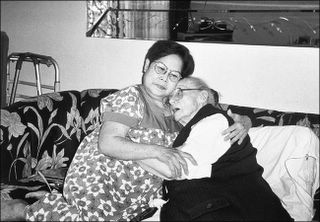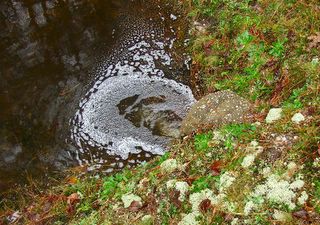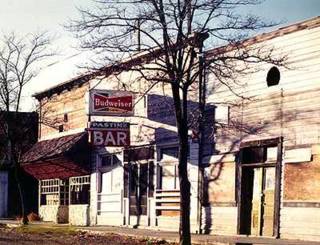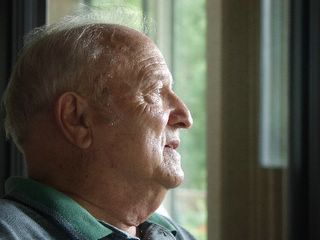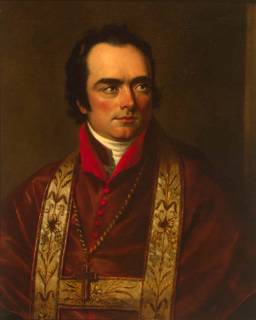Religion and Public Accountability
At the core of our dilemma over the issue of terrorism and religion is an agreement not to be honest.
For many of us, including myself, all creation cries out for the existence of God. However, because at its core religion supercedes reason, we are in the habit of putting everything about religion, including its ethics, values and practices, into the category of the unknowable. This means that little about religion can be held accountable to the usual checks and balances of public analysis and reasoned debate.
Modern western culture is based on the premise that all religions are equally right, or equally wrong. Despite a religion's basic beliefs, or the way in which those beliefs are taught and practiced, each faith is given complete and equal respect. That exemption from public criticism is a consequence of the religious persecutions of the Inquisition and the Reformation. The fires of religious hatred burned so hot, and for so long, that our ancestors eventually exhausted their need to prevail.
With the dawn of the Enlightenment a deal was struck. The civilization of the West gave religious belief a reverence not offered to any other form of human understanding, even as those matters of faith and practice became unfit for further public discussion. Thereafter religion became an entirely private matter.
That contract may now have outlived its usefulness. It is possible that we are witnessing the end of our ability to place religion safely outside the sphere of public discourse. Our political and intellectual leadership remains opposed to ending that exemption, and that resistance is understandable. The alternative has important perils all its own.
Until now we've been asked to judge the Islam practiced primarily in the culturally conservative Middle East based solely on Islam's best and most original impulses. How that school of Islam is actually practiced today by a large, committed and influential movement of third world fundamentalists is seldom the subject of public comment.
Recently, hundreds of thousands rioted and looted because a Danish cartoonist implied that Islam has a problem with violence, and he used a caricature of Mohammad to make his point. In response, virtually every Western leader confined their comments to describing the cartoon as "regrettable" or "terribly inappropriate." Meanwhile, little judgment was offered about huge crowds marching under banners that read, "Europe will pay, your 9/11 is on its way."
The source of that intolerance - the very mechanism that allows some Moslems to discard their lives for the purpose of killing others - is found in a fierce commitment to religious fundamentalism. It is more than obvious that without the mainspring of unreasoning intolerance the clock of Islamic terror would cease to tick and the bombs would stop exploding.
So what is the alternative - the dreaded alternative that is filled with "perils of its own?" That option requires us to set aside our centuries old contract that exempts religion from public scrutiny. Instead of expecting our leaders to simply absolve all religion from any accountability, we should expect these leaders to be a little more forthright, and a lot more honest.
There should be a strongly held assumption that religious practice is more important than theology. A theoretical attachment to loving your neighbor should not be a substitute for genuine opposition to intellectual diversity, progress and human rights. Even the most glorious sentiments should be discounted if the practical effect of how they are taught and practiced results in fear, ignorance and prejudice.
Yet this approach brings with it some genuine dangers, and not just from places like Palestine, Syria and Iran. If our political and intellectual leadership obliges all religions to meet certain minimal standards of reason, tolerance and civility, then who will be able to control where those expectations might lead?
Would we eventually realize that our real enemy is not Islam, but the prospect of any religious impulse placed outside the realm of public criticism and accountability? Is it possible that the razor of reasoned critique might cut just as deeply for an Imam in Tehran, as it would for a bishop in Nebraska? If religious fundamentalism is at the heart of our current dilemma, then could someone's insistence on Biblical literalism wind up looking just as irrational, and just as archaic, as someone else's commitment to Islamic jihad?
